Love Your Words
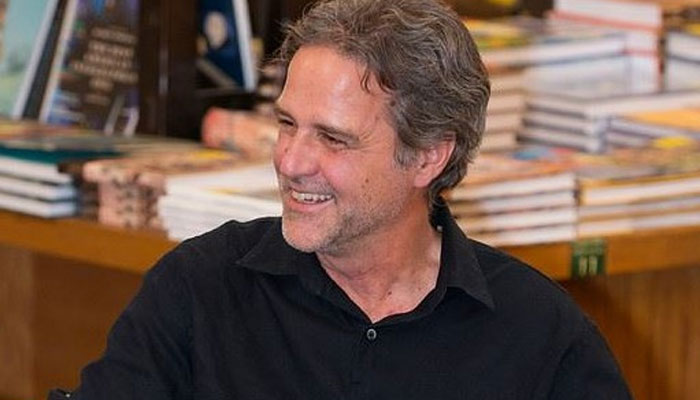
Months before I went on my book tour, I was nervous about reading in public—I tend to mumble, and have never been a good storyteller—and I knew I needed to practice first. So my wife came up with the idea of hosting a couple of pre-tour reading parties. We invited some literary friends, provided pizza and beer, I set up a “podium” (a music stand) in front of the fireplace, and gave our friends a reading from my new book—or more accurately, six short readings over the course of those two evenings. After each reading, our friends wrote mini-critiques, of both my selections and my delivery.
I received some very good advice about the passages I was thinking of reading during the book tour—there was an overwhelming consensus regarding which excerpts hit and which ones missed—and about my delivery, too, mostly different versions of “SLOW DOWN!” But the most helpful advice came from my musician friend Fabrice, who wrote, “You need to love your words.”
When I talked with him later, he said I sounded bored with my own writing, and when he told me this, he seemed angry with me, as if I had violated some unwritten commandment: Thou shalt never perform without passion. “Next time, pretend you’re reading something by an author you love,” he suggested, “like Yeats or Faulkner or Morrison.”
He was right, of course. As an English professor, whenever I read from a work I love, there is no disguising my feelings for it. To this day I have been unable to read the ending of James Joyce’s “The Dead,” an Edna St. Millay sonnet, or Canto V of Dante’s Inferno (in the original terza rima, mind you), without getting choked up. Why, when I read my own work, do I sound so bored or embarrassed?
Well, I certainly could go on here about how, as a good Catholic, I was trained to think of others before myself, to be humble and deferential, and never to “show off” (because vanity is a sin), but at my age that would be a hollow excuse. The truth is, reading my own work in public was quite different from reading the work of others—more confession than liturgy, if you will—so as with any other new venture or skill, I needed to learn how to do it. I needed to go back to school.
Enter Janna Goodwin.
 My friend Janna, a writer/actor/director/producer/professor, is an excellent public speaker, and she teaches Communication for a living. She very kindly gave me a private lesson—feel your feet, look up, project out to the last row, mark pauses in the text, wait for laughs, and so on. And at one point, she said something like, “And, you know, feel it, man.”
My friend Janna, a writer/actor/director/producer/professor, is an excellent public speaker, and she teaches Communication for a living. She very kindly gave me a private lesson—feel your feet, look up, project out to the last row, mark pauses in the text, wait for laughs, and so on. And at one point, she said something like, “And, you know, feel it, man.”
I wasn’t.
But here’s the thing: I do feel it. I do love my words. For that matter, I’m completely in love with my stories. I’m not talking about an infatuation; it’s a long-term, committed relationship. I was in love with my first book, White Plains, for over a decade, and I love it still. More lately I’ve been carrying on a four-year love affair with my new novel, The Gospel According to Danny. And I’m currently smitten with the rough draft of a novella, set in Prague—in fact, we can’t wait to start dating regularly!
But I certainly wasn’t conveying any of that as I read.
I would like to say here that after Fabrice’s advice, after Janna’s coaching, and after watching videos of authors who read their work well (if you’ve attended literary readings, you won’t be surprised to hear that there aren’t too many), I became an electrifying reader, and hundreds of people showed up at my appearances to bask in the symphony of my words. But these things take time and practice. Just as athletes have learned, to repeat is to improve. What I can say is that over the course of that book tour, I steadily improved my reading skills, and learned a great deal from watching my fellow readers—Sophfronia Scott’s confident delivery, the gentle intimacy of Harrison Candelaria Fletcher, the focused intensity of Leni Zumas, the easy camaraderie of Jen Michalski. Yes, on some evenings, I let my anxieties take over and I read my words too quickly, or without much confidence, to say nothing of love. 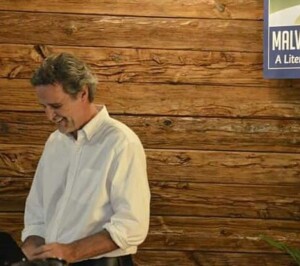 But on other evenings, I chose a passage I especially liked, planted my feet firmly behind the podium, smiled to the audience, projected and modulated my voice, and pretended I was reading the work of an author I loved–or even better, I read my own words with patience, faith, and yes, love. And it was fun!
But on other evenings, I chose a passage I especially liked, planted my feet firmly behind the podium, smiled to the audience, projected and modulated my voice, and pretended I was reading the work of an author I loved–or even better, I read my own words with patience, faith, and yes, love. And it was fun!
And—no coincidence—on those evenings, I sold more books.
Now, as a reader, professor, and director of a creative writing program, I can tell—can’t you?—when something has been written or read without love. The words are flat on the page, and hearing them read out loud puts me to sleep. And as a writer, now, I find myself choosing my words with more tenderness, and write with even more affection for my characters, especially when they screw up or behave badly. And I don’t consider a work complete until I’ve read it out loud, twice: first to hear any missteps in wording or rhythm, then again to make sure I can read every paragraph with affection.
Because Fabrice was right—if I am not in love with my words, why would anyone else be?
Click here for other tips on how to give a good reading.
An earlier version of this blog post first appeared at daddyelk.com

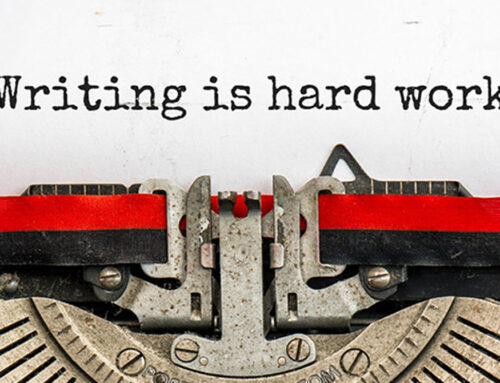
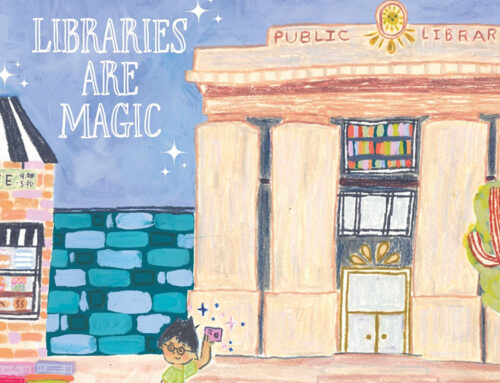
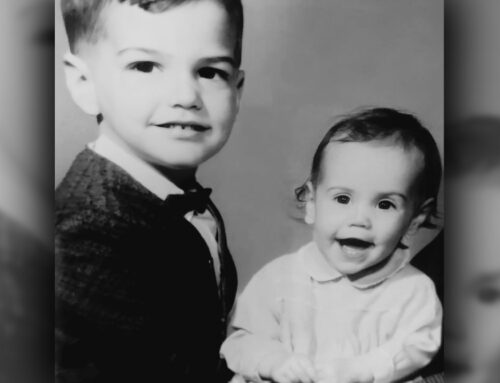
Good advice! Thank you for the insights!
You’re welcome! Thanks for taking the time to comment. :-)
Fantastic post–loved it from start to finish. So well crafted, with attention to every word and phrase. And the advice–love your words–resonates beyond book readings. It’s also what we hope our students will take from our classes, right? That they’ll learn to love the art of expression and care enough about what they say to tend their words like a garden.
Well put, my friend!
Well said – and solid advice for all public presentations! As a sales leader that has the opportunity to speak with various audiences regularly, your learning are resounding. Passion is critically important when we communicate; I’m not surprised your friend Fabrice implored you to share your passion. In music, as in all presentations, the personal connection to the words is what we want our audience to feel and believe, too. Looking forward to your next book!
Thank you for this! I’ve always been so bored at readings, I stopped going. But after hearing Amanda Gorman at Biden’s inauguration, I thought, that’s what readings need–rhythm, cadence, passion. And, yes, take time to stop and love your words.